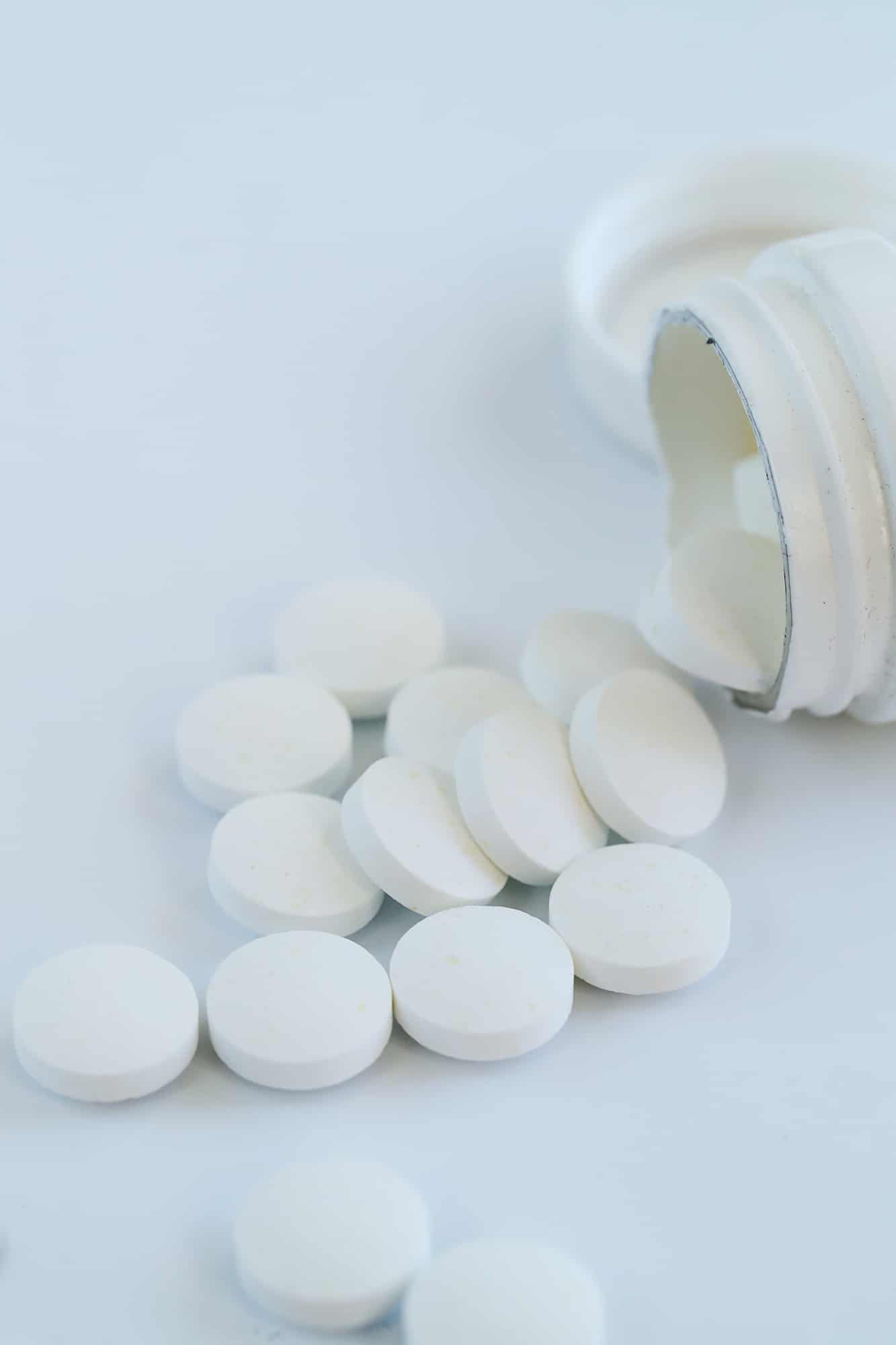Home / Percocet

If you or a loved one is in the midst of an opioid addiction, it’s important to know what treatment options are available for you. We’re here to share insights into treatment strategies specifically designed for those struggling with substance abuse or mental health issues associated with opioid use.
Don’t forget that getting help is only the first step to recovery. Armed with knowledge and understanding of the treatment options, you can take charge of your life and begin your journey to long-term Percocet recovery.
One of the first steps when seeking treatment for substance abuse is the detoxification process. Here you are medically supervised and managed through withdrawal process to rid the body of drugs & alcohol.
Residential inpatient treatment is when a client lives on-site 24 hours a day, 7 days a week while receiving intensive inpatient treatment. Learn more about inpatient treatment and how it can help you on your journey.
The partial day program at Calusa Recovery combines the best of aspects inpatient and outpatient treatment to form a hybrid program that allows you to experience inpatient therapies on an outpatient basis.
Find out why the innovative intensive outpatient program at Calusa Recovery is your best choice when seeking an outpatient addiction treatment program in Ft. Myers, Florida.
Our outpatient program will enable your professional life to become limitless. We offer the tools for you to become the best you can be while being sober! If you’re in Lee County, don’t wait another day to start your recovery.
The family program at Calusa Recovery is an integral part of our programming. Family therapy is an essential part of the recovery process because it allows members of the entire family system to learn how to recover as a unit while supporting their loved-one in recovery.
Percocet is a painkiller that is prescribed for moderate to severe pain and is a combination of oxycodone, and acetaminophen. Percocet is one of the most addictive painkillers on the market and is becoming increasingly problematic in the areas of substance use and mental health care.
It is important to be aware of the signs and symptoms that you may be abusing Percocet in order to recognize the issue and get the help you need. Some of the most common signs include:
A dual diagnosis is a comprehensive approach to treating both an addiction to Percocet and an underlying mental health disorder. It addresses both conditions at the same time, knowing that one can affect the other. Treating both the addiction and the underlying mental health disorder at the same time increases the likelihood of long-term recovery.
Medication is a key component of dual diagnosis treatment. Medication can be used to control cravings and lower the chances of relapsing. Therapy is the process of understanding triggers, building healthy coping skills, and addressing trauma and underlying mental health conditions. Counselling and support groups are also part of the dual diagnosis treatment process.
Percocet addiction treatment includes therapy and counseling. Individual therapy gives you a space to talk about your feelings, work through your pain points, and find ways to stay sober. Group therapy gives you a place to connect with other people who are going through the same thing as you. You’ll get lots of support and encouragement as you work through your recovery.
Family therapy may also be part of the counseling process, where family members are involved in the treatment. Family therapy helps to heal broken relationships caused by addiction and provides guidance on how to support family members in their recovery.
Percocet support groups play an important role in the long-term healing process of addiction. Support groups, like Narcotics Anonymous, provide a safe space where people can come together and talk about their experiences, challenges, and successes. These groups provide a sense of community, responsibility, and support.
Aftercare programs include outpatient treatment and other programs that help people get back to their day-to-day lives while still providing ongoing care and support. These programs can include ongoing therapy, support groups, and follow-up visits to make sure you’re staying on track with your recovery goals.
In addition to traditional treatments, holistic therapies can be an integral part of the healing process. Holistic therapies emphasize the connection between the mind, body and spirit. Yoga, meditation, acupuncture and art therapy are examples of holistic therapies that can help reduce stress, treat emotional issues and improve overall health.
Nutrition counseling, exercise regimens, and mindfulness exercises can also be part of a holistic approach. Taking care of your body and mind can help you recover faster and improve your quality of life overall.
It’s important to understand the relationship between substance use and mental health issues. By treating your addiction and your underlying mental health problems at the same time, you have a better chance of lasting recovery.
What is Dual Diagnosis Treatment?
Dual diagnosis treatment is a treatment approach based on evidence that addresses both conditions at the same time.
From detox to therapy and post-treatment care, at Calusa recovery, we will guide you through your treatment journey. Get started today!